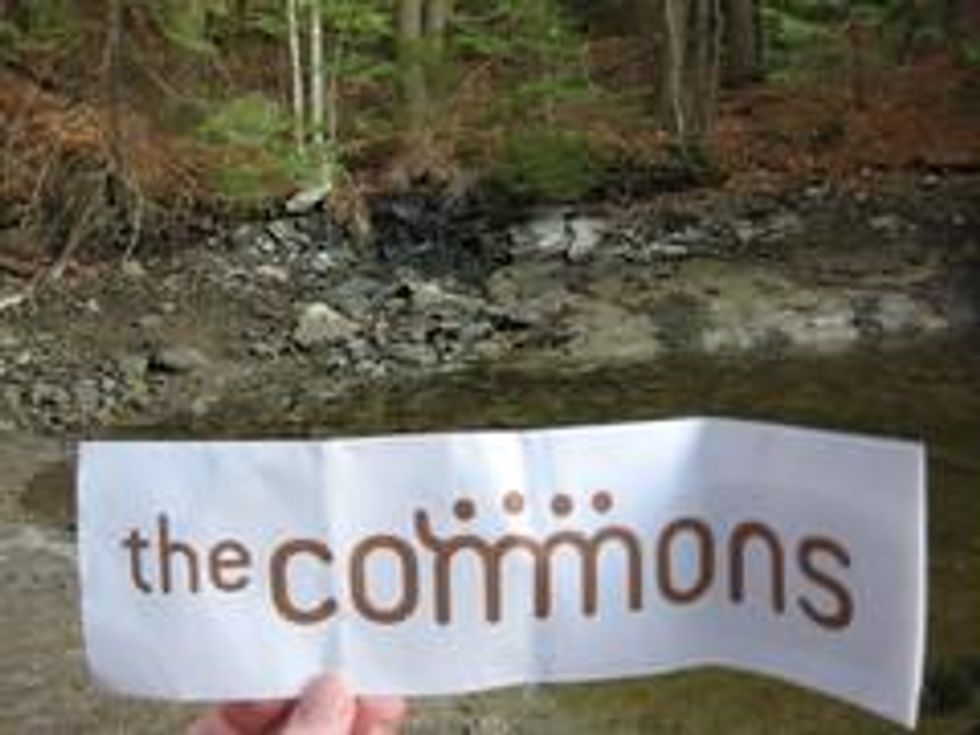Water is at risk in the United States and around the world. Its quality and availability is in peril. Today, nearly one in eight people lack access to adequate supplies of safe drinking water. Globally, water-borne diseases kill more people than tuberculosis or malaria, and five times as many children die of diarrhea than of HIV/AIDS.
The causes are varied. Industrial pollution. Agricultural run-off. Climate change. Land overuse. Many well known corporations are contributing to these problems, including Coca-Cola, Dow Chemical, Nestle and Shell Oil. Unilever and Veolia, companies better known abroad, are responsible too.

These companies pollute our water with chemicals that make people sick and make it difficult or impossible for people around the world to access clean, safe water.
Yet these same corporations are rushing to position themselves as a part of the solution to a problem they helped create.
Just this summer, a Louisiana judge found that Dow Chemical was responsible for contaminating an aquifer with vinyl chloride, a cancer-causing chemical. Meanwhile, it's touting a tightly moderated online dialogue about water sustainability called the "Future We Create" in an effort to emphasize its concerns about water.
Coca-Cola boasts about its initiatives to boost access to clean water and sanitation for a range of economically disadvantaged populations across the globe, even as it continues to bottle water in drought-prone areas of India and elsewhere.
These efforts are marketing ploys. The corporations behind them are responsible for immeasurable human suffering and environmental damage.
By appearing to act in good faith to remedy these impacts, corporations can purchase goodwill, temper negative publicity, and even stave off or roll back regulation.
The latter is precisely what the world's leading water profiteers and polluters are currently attempting.
This summer, Reps. John Mica (R-FL) and Nick Rahall (D-WV), along with other U.S. lawmakers, apparently fell prey to corporate feel-good campaigns and did the bidding of a range of polluting corporations that underwrote their electoral campaigns. As a result, the House of Representatives passed a law that gives states the right to disregard federal clean water standards.
At the international level, a cadre of CEOs from the aforementioned corporations has started a public relations initiative within the United Nations called the CEO Water Mandate. The Mandate affords these corporations a platform to talk about their varied commitments to address the global water crisis, but it provides no real way for the UN, much less the average person, to verify whether corporations are honoring these commitments.
Sadly, the UN is increasingly allowing dubious, albeit positive-sounding, promises from the corporate world to substitute for more meaningful safeguards against corporate abuse. It's failing to create real tools to hold corporations accountable for their actions. It turns out that, when confronted with such contradiction, the unease and uncertainty that policymakers feel isn't so different from what the rest of the public feels.
We don't owe corporations our goodwill simply because they made a mess and then took some small measure to clean it up. We aren't obliged to give corporations carte blanche to damage our health, economy, and the environment so long as they "give something back."
What's at stake is the water we depend on for our health, well-being, and very existence. It's time that the right to clean water becomes protected by law, from the halls of Congress to the UN. Public relations campaigns and votes bought with corporate dollars shouldn't hoodwink us or our leaders into leaving that right to the whims of global water profiteers and polluters.

